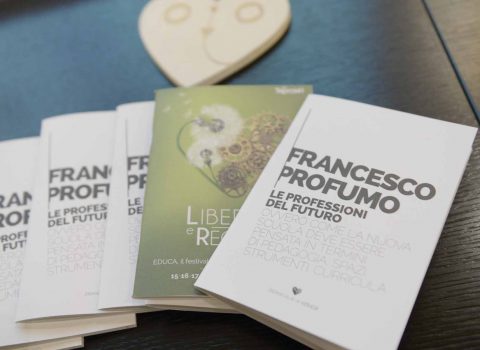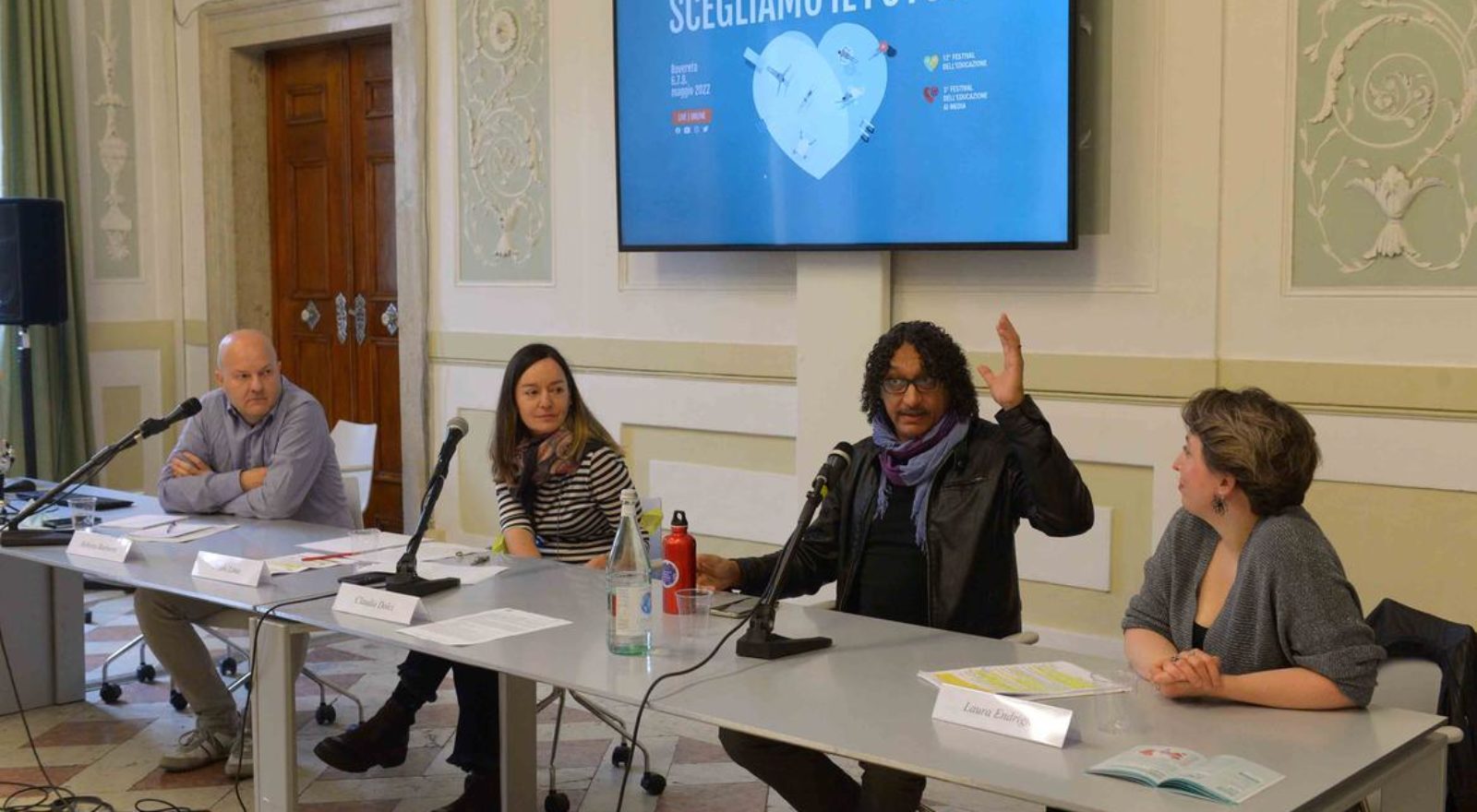
Climate anxiety among youths – in the event organized by FBK and APPA at EDUCA
Research shows that more than half of teens are extremely concerned about ongoing climate change, while four in 10 teens consider not having children for this very reason. The ongoing climate crisis is causing, among other things, unease among young people all over the world and is felt more strongly in those countries whose governments are inactive in terms of environmental protection. This was discussed at EDUCA.
This was the context for the event within the EDUCA festival of education entitled “L’ansia climatica tra i giovani” (Climate anxiety among young people) organized by Trento-based Fondazione Bruno Kessler and APPA in collaboration with the Viração&Jangada Association, which was held on Sunday, May 8 at 11:00 am at Palazzo Fedrigotti in Rovereto.
Eco-anxiety can arise in those who have suffered a direct effect from a climate catastrophe, in this case post traumatic stress, a medical condition. But also young people who have not suffered direct effects from climate change experience it – explained Laura Endrighi, clinical psychologist expert in wellness psychology and creation of healthy lifestyles. In a research study that involved 10 large universities globally, 59% of the young people interviewed said they were extremely concerned about the ongoing climate change. Four out of 10 kids consider not having children for this reason. About 60% feel betrayed by institutions that do not do enough on this issue. For these young people, eco-anxiety can become a stimulus to initiate active behaviors for change – Endrighi went on. “Generation Z is particularly vulnerable to the problem of climate change, but it not only undergo it. Kids are being very responsive and should be supported in this.”
“Kids are scared, but they are ready to react,” said Paulo Lima, a journalist and educator who meets kids daily at the Viração & Jangada Association climate workshops.
In addition to the disasters due to climate change, which are increasingly frequent all over the world, we must also consider the climate migrations that have started to impact also European contexts (think of the people who had to relocate after the floods in northern Germany in the summer of 2021) – said Roberto Barbiero, physicist, climatologist and scientific popularizer of the Provincial Agency for Environmental Protection of the Autonomous Province of Trento. “The ongoing action to combat climate change is not enough. It is not a question of resources, but of political will ».
“EDUCA – Claudia Dolci, head of FBK’s Research and Innovation for Schools Unit, who moderated the meeting said – has for many years been an important opportunity for exchange between those who live in schools, families and entities operating in the area. Being able to give the children a voice and listen to their anger, their concerns, but also their desire for change is extremely important.”
EDUCA is promoted by the Autonomous Province of Trento, the University of Trento and the Municipality of Rovereto, organized by Consolida with the scientific support of Fondazione Bruno Kessler, Fondazione Demarchi e Iprase and the support of the Trentino Federation of Cooperation and Casse Rurali Trentine.
Credits: (sdv) PAT Press Office
